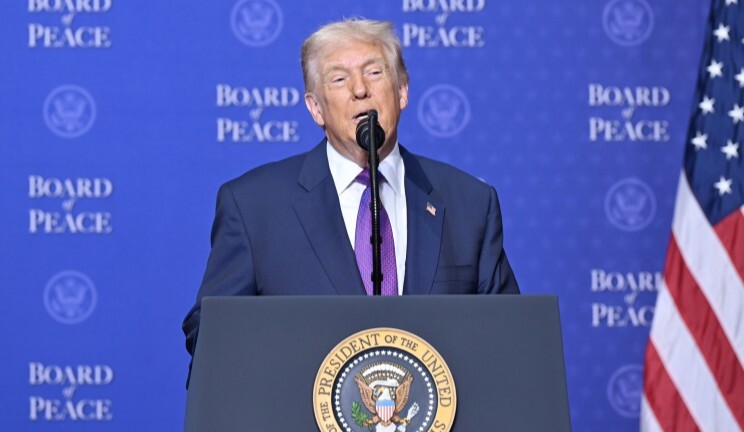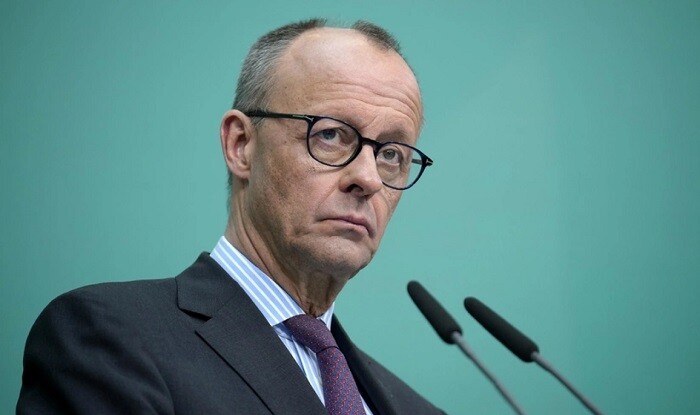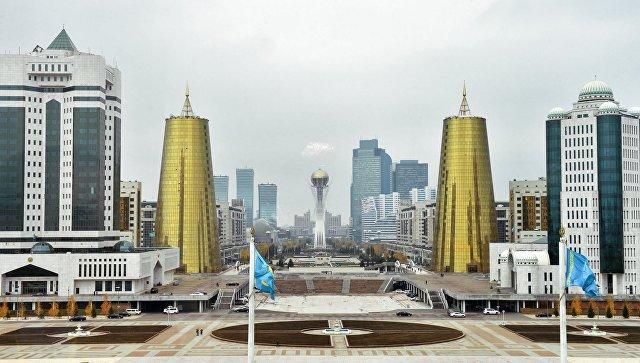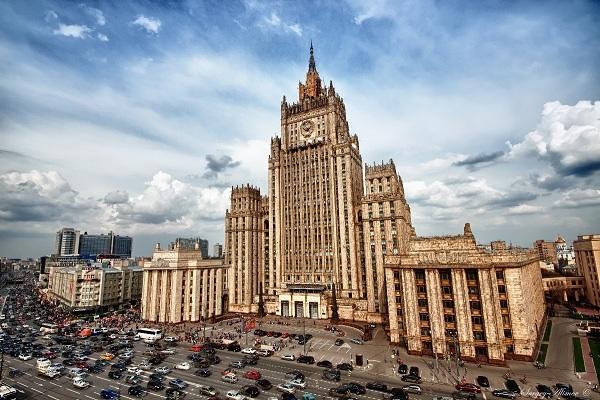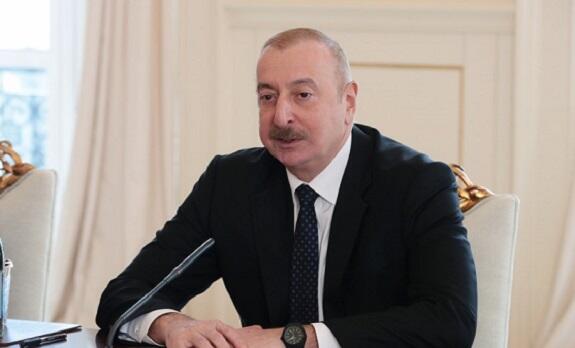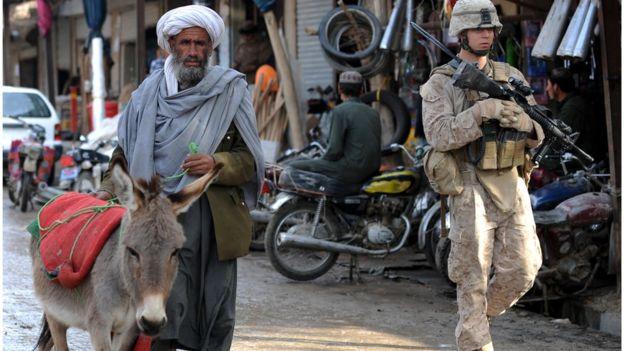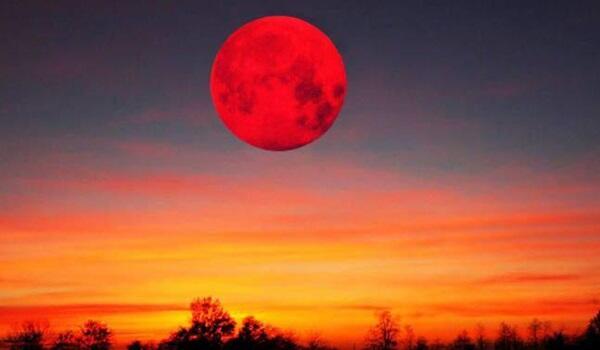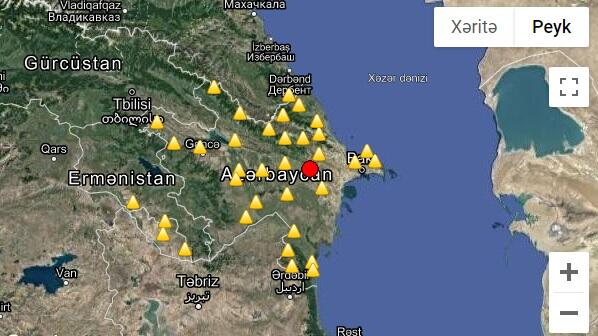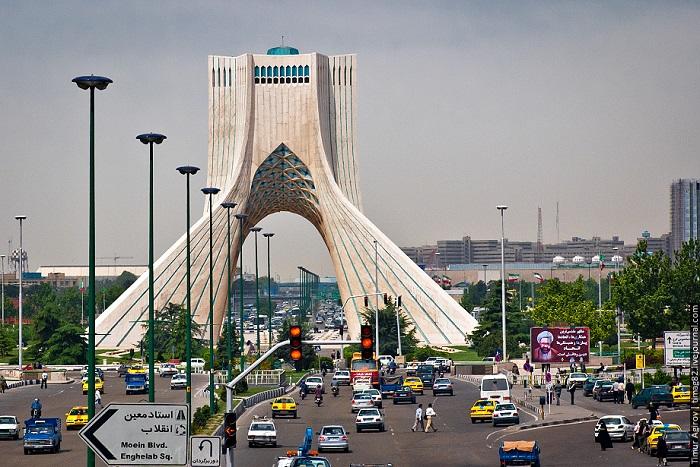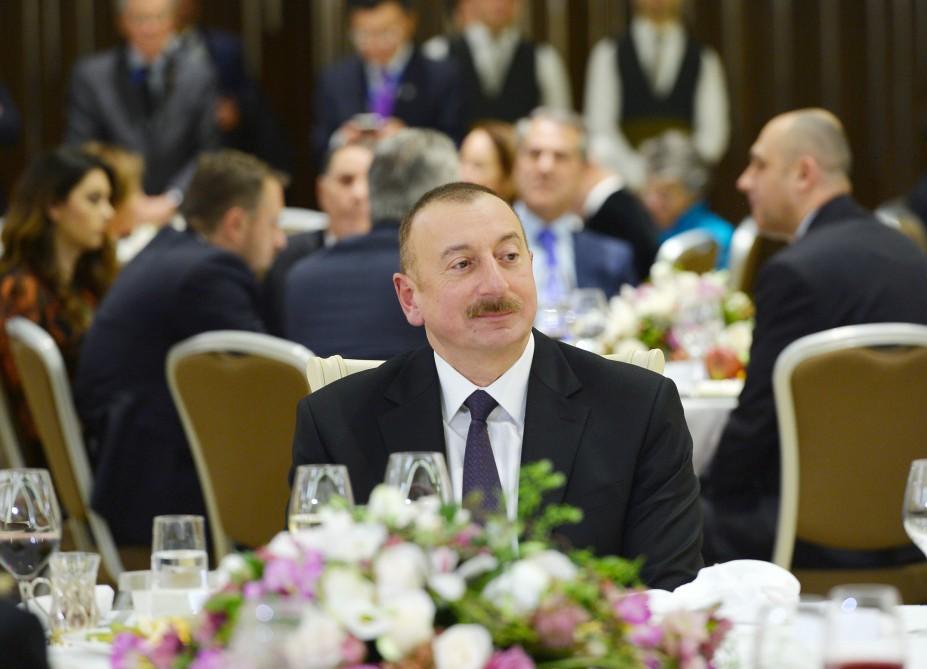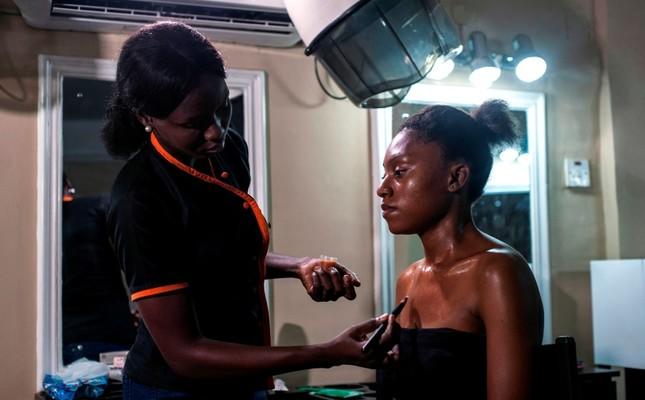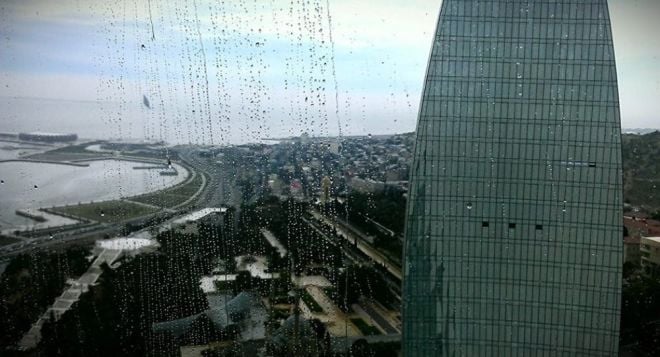Dr. Isima Sobande was in medical school when she first heard of mothers who bleached the skin of their babies.
Axar.az informs citing AFP.
She dismissed it as an urban myth. But it wasn't long before she saw it with her own eyes.
At a health center in Lagos, a mother brought in a two-month-old infant who was crying in pain.
"He had very large boils all over his body," the soft-spoken 27-year-old Nigerian told French Press Agency (AFP). "It seemed like they weren't normal."
The baby's mother explained that she had mixed a steroid cream with shea butter and slathered his skin with it in order to make it whiter.
"I was very appalled. It was distressing," said Sobande.
Shocked, the young doctor now takes a different view on skin bleaching, also called lightening or whitening.
For many Nigerians, it is a "standard procedure," a gateway to beauty and success, she said.
"It's a mindset that has eaten into society. For a lot of people, it's the path to getting a good job, having a relationship."
Africa risk
Skin lightening is popular in many parts of the world, including South Asia and the Middle East.
But medical experts say that in Africa — a continent where regulations are often lax or scorned — the widening phenomenon is laden with health risks.
Cultural watchdogs, for their part, see it as the toxic legacy of colonialism.
Africa is experiencing a "massive trend of increased use (of skin bleaching), particularly in teenagers and young adults," said Lester Davids, a physiology professor at the University of Pretoria in South Africa.
"The older generation used creams — the new generation uses pills and injectables. The horror is that we do not know what these things do in high concentrations over time in the body."
Where statistics about Africa's skin-bleaching industry exist, they are often old or unreliable.
But evidence from the range of products, suppliers and services points to a continent-wide market that may number tens of millions of people and possibly more.
In Nigeria alone, 77 per cent of women — by extrapolation, more than 60 million people — are using lightening products on a "regular basis," the World Health Organization (WHO) said in 2011.
